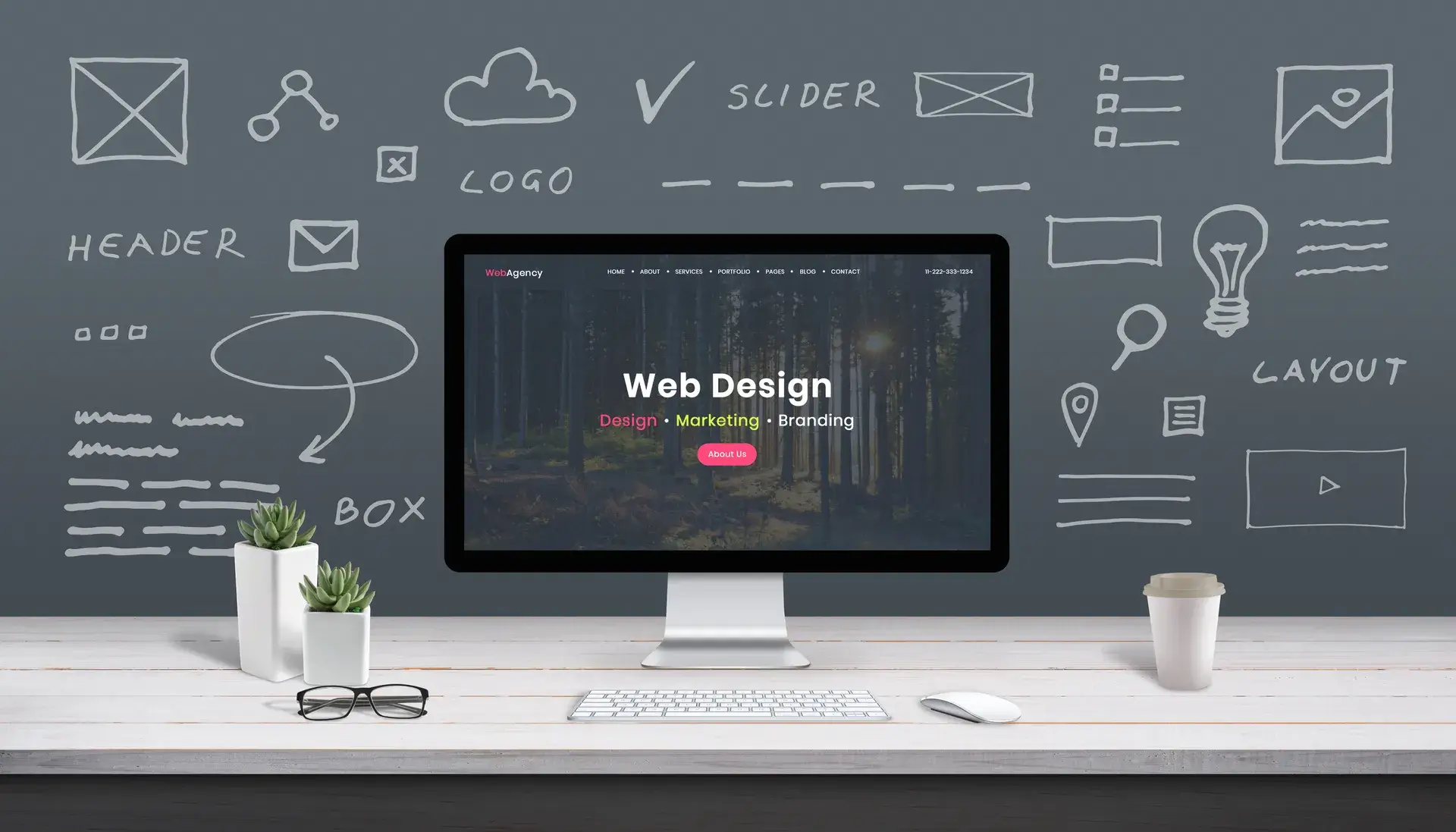Learning Management Systems (LMS) are essential tools for organizations and educational institutions looking to streamline training and development. In this post, we explore the best practices for optimizing LMS platforms in Cape Town, ensuring enhanced user experience, improved engagement, and ultimately, better learning outcomes.
What is LMS Optimization?
Learners today demand engaging, accessible, and efficient online environments. LMS optimization involves tailoring these platforms to meet user needs, increase performance, and leverage technology effectively. Key factors include user interface, content delivery, and integration with other systems.
1. Understand Your Audience
Before optimizing your LMS, it's crucial to identify the specific needs and preferences of your learners. Consider:
- Demographics: Understand the background, age, and tech-savviness of your users.
- Learning Styles: Cater to various learning preferences, such as visual, auditory, or kinesthetic.
- Feedback: Regularly collect feedback to adjust and improve user experience continually.
2. Enhance User Experience
An intuitive and user-friendly interface is vital for encouraging engagement. Here’s how to improve the LMS interface:
- Clear Navigation: Ensure easy access to courses, resources, and support.
- Responsive Design: Optimize for mobile devices, allowing learners to access content anytime, anywhere.
- Visual Appeal: Use modern design elements, consistent branding, and engaging multimedia.
3. Optimize Content Delivery
Well-structured and optimized content can lead to better learning outcomes:
- Modular Learning: Break down learning materials into bite-sized modules for easier comprehension.
- Interactive Elements: Include quizzes, discussions, and multimedia to foster engagement.
- Regular Updates: Keep your content current and relevant to retain learner interest.
4. Integrate with Other Systems
To maximize LMS potential, integration with other systems can enhance functionality and data tracking:
- CRM Integration: Link your LMS with customer relationship management systems to streamline learner tracking.
- Performance Analytics: Use analytics tools to track learner progress and engagement levels.
- Communication Tools: Integrate chat, forums, or video conferencing tools for improved interaction.
Conclusion
Optimizing LMS platforms in Cape Town is essential for ensuring that your organization meets the evolving demands of learners. By understanding your audience, enhancing user experience, optimizing content delivery, and integrating with other systems, you can create a powerful learning environment that fosters success. At Prebo Digital, we specialize in LMS optimization strategies tailored for businesses and educational institutions. Contact us today to discuss how we can help you maximize your LMS potential!














